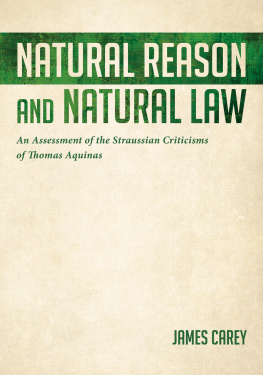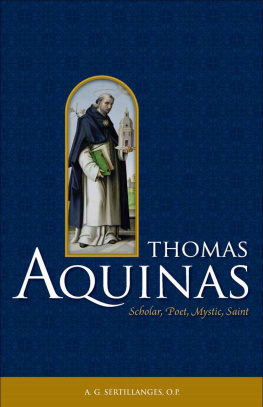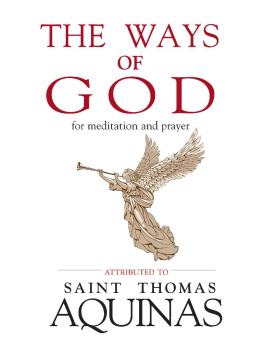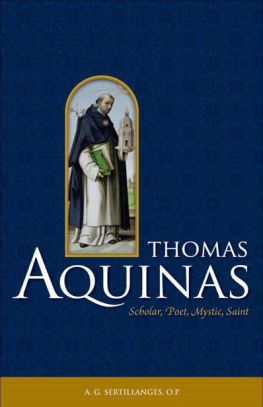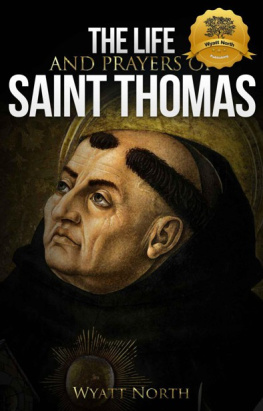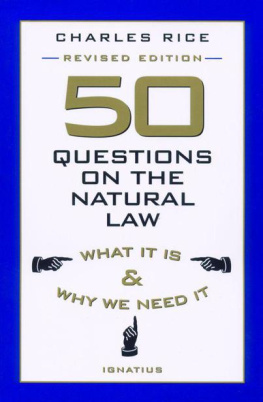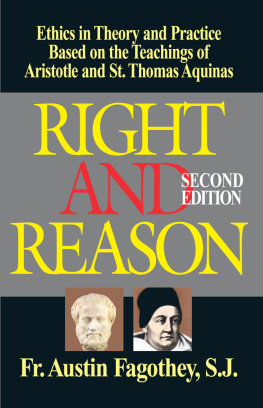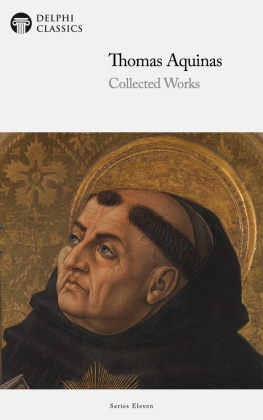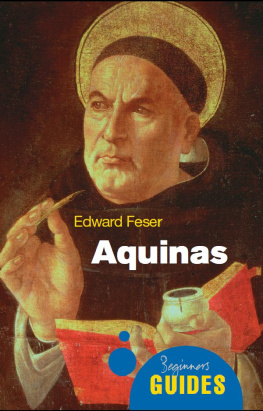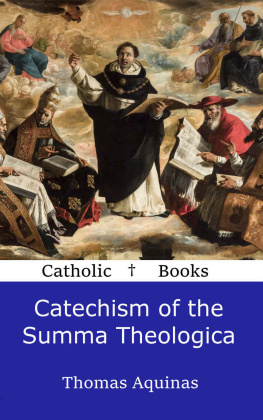Introduction
N atural law consists of precepts of action constituted by a fundamental power of the human soul. Natural law is not derived from convention, and it is not derived from the claims of revelation either. Its source is natural, human reason. If the concept of natural law is sound, it is the standard for assessing positive laws, both of ones own political community and of other political communities, and it is the standard for guiding the choice and actions of individuals as well as communities. Natural law is the canon with which positive laws, choices, and actions must agree if they are to be rational, and its articulation and defense are necessary at all times. Its articulation and defense are of particular urgency in our times, characterized as they are by the ascendancy of relativism and misology, a chaos of flaccid hedonism and forceful decisionism, and general moral confusion.
The concept of natural law emerged in late antiquity. But it is generally acknowledged by both its admirers and its most thoughtful critics that the classic form of the natural law teaching finds its expression in the writings of Thomas Aquinas. Thomass teaching is criticized at present from several perspectives. Some critics hold that reason, though it may have something to say about facts, is simply silent when matters of good and badwhat these critics prefer to call valuesare in question. Some hold that the concept of rights, of fundamental human rights in particular, pertains more evidently to human nature than does any concept of law. Others hold that there is actually no such thing as human nature, man being an essentially historical being and more or less indefinitely malleable. In spite of disagreements among the critics of natural law, they all agree in denying that there is a trans-political and rationally accessible law that commands and prohibits. They deny this most vehemently when the commands and prohibitions in question are repugnant to current sensibilities. Their criticisms are rarely informed by a close engagement with Thomas Aquinass natural law teaching.
The case of the political philosopher Leo Strauss is quite different. He read and reflected seriously on what Thomas had to say about natural law. Though impressed, he was not persuaded, and he employed his remarkable intellectual powers to launch an attack against Thomass teaching at what he understood to be its foundations. Some of his followers have attempted to press this attack further. The attack has gone unnoticed by many Thomists, in part because it has been understated. But it has also gone unnoticed by them because of a vague sense that, since both they and the Straussians greatly admire Aristotle, have little use for Kant, and are about equally critical of modernity, they and the Straussians are in essential agreement regarding the ultimate principles of choice and action. Some misperceptions could be further from the truth than this one, but not many. It is a misperception of which the Straussians themselves are not guilty.
Strauss and his followers allege that Thomass natural law teaching presupposes belief in revelation, or a discredited cosmology, or both, with the consequence that it cannot provide adequate moral guidance for those who accept neither.
The first and more obvious problem is that if moral precepts derive their binding force from religious belief then they cannot be reasonably presented as binding on unbelievers. Those who say that we ought to refrain from certain acts simply because they are prohibited by God should not be surprised when those who do not believe in God employ related reasoning to excuse or celebrate engaging in these acts. When someone in an officially secular political community, especially one such as ours in which religious belief is on the wane, appeals to natural law in moral, legal, or political deliberations, he can count on hearing objections to the effect that he is not exhibiting due deference to the hallowed principle of the separation of church and state. What Thomas presents as a genuinely rational teaching cannot get a hearing. And it very much needs to get a hearing if he is right in his claim that the precepts of natural law derive their evidence exclusively from human reason and ordinary human experience. For then his teaching is just what is needed to buttress morality in our increasingly profane times. If, however, he is wrong in his understanding of whence the precepts of natural law derive their evidence, then unbelievers are justified in refusing to put any stock in them.
A second, less obvious, but much graver problem arises for Thomass natural law teaching if it turns out to presuppose revelation. For Thomas explicitly says that divine law, by which he means revealed law, presupposes natural law. If he is wrong in his claim that natural law is accessible to natural, human reason, but right in his claim that divine law presupposes natural law, then the concept of divine law itself is impossible to defend, as he understands it. Not all Thomists have a sufficient appreciation of how much Thomass case for the possibility of divine law, if not for the very possibility of revelation itself, relies on his conception of natural law as something that is antecedently present in the evidence and operation of human reason.
The concern of the present study is with Thomas not as a proponent of Christian ethics, though he is surely that, but as a proponent of rational ethics. There is, however, not the slightest opposition between Christian ethics and rational ethics, least of all in Thomass teaching. Rational ethics is by no means the whole of Christian ethics. But it is, for Thomas, an indispenaible constituent of Christian ethics.
Strauss and his followers criticize Thomass rational ethics, the core of which is his case for natural law, from a number of angles. The most conspicuous criticisms are the following:
That Thomas departs, on grounds that have nothing to do with reason, from his Aristotelian model by grafting onto a supple teaching regarding natural right a rigid teaching regarding natural law , thereby depriving his ethics of the latitude characteristic of its classical antecedents.
That Thomass natural law teaching depends on the claims of biblical revelation.
That Thomass natural law teaching has little of importance to say to those who are not Roman Catholics, and virtually nothing of importance to say to those who are not believers at all.
That Thomass case for our knowledge of the precepts of natural law presupposes his natural theology, and thereby also presupposes a discredited teleology and defunct cosmology of Aristotelian provenience.
That more genuine freedom of thought occurred in Medieval Jewish and Islamic philosophy than in Christian Scholasticism, where the church, by institutionalizing philosophy, effectively clipped its wings.
That natural law, as understood by Thomas, derives its obligatory force from belief in, or presumed knowledge of, the existence of a providential God.
That natural law need not be appealed to in dealing with concrete ethical problems, since such problems are adequately managed by prudence and practical judgment.
That natural law does not allow statesmen sufficient discretion for dealing with political exigencies in extraordinary circumstances.
That law as suchnatural law includedis essentially a matter of convention rather than reason.

